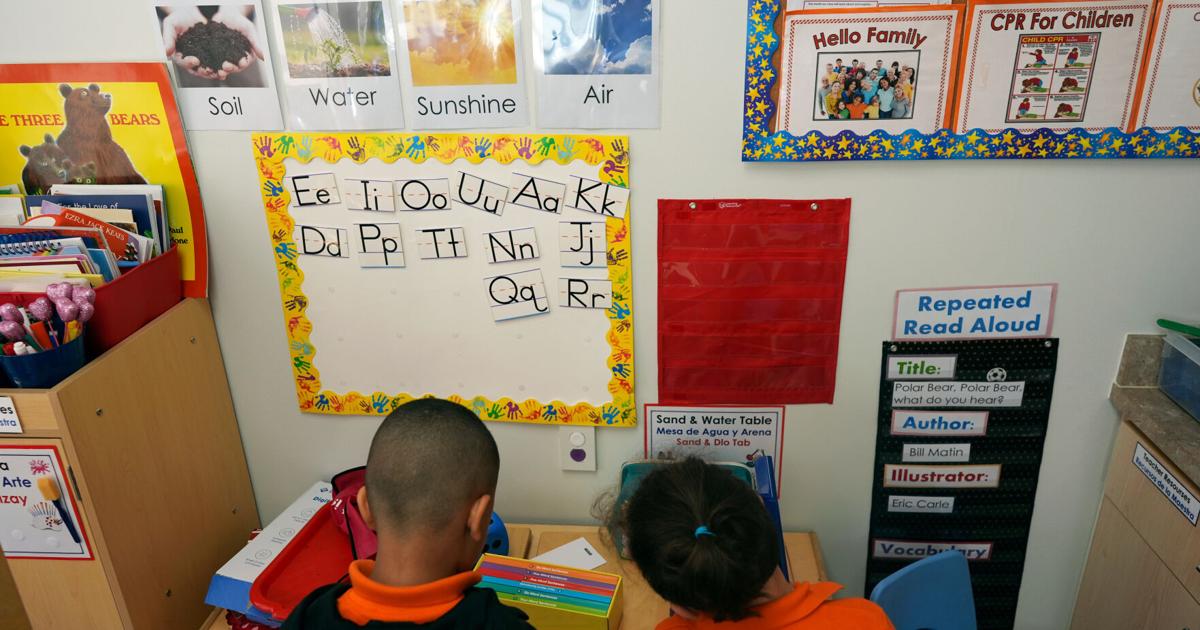
In the wake of a recent government shutdown, crucial federal funding for Head Start programs is set to be reinstated, offering much-needed support to centers that have faced financial turmoil. However, despite this positive news, the timeline for the return of many children to preschool remains uncertain.
The federal Head Start initiative is a key program aimed at providing early childhood education, health, nutrition, and parent involvement services to low-income children and families. With the shutdown halting funding, many Head Start centers were forced to make difficult decisions, including furloughing staff and, in some cases, closing their doors entirely. These actions have disrupted the lives of countless families who depend on these educational services for their children’s development and stability.
Reports indicate that some centers, unable to sustain operations without federal payments, shuttered their facilities, exacerbating the challenges faced by vulnerable communities across the nation. This disruption has left many families scrambling to find alternative childcare solutions, often at a time when resources are already stretched thin.
Head Start operators have expressed concern that even with the renewed funding, the processing of overdue payments could take several weeks, prolonging the uncertainty for families. The potential delay underscores the fragility of programs that are vital to supporting early childhood education, particularly for those from economically disadvantaged backgrounds.
The implications of such disruptions extend beyond immediate childcare needs. Research has shown that access to preschool education can have lasting positive effects on children’s cognitive and social development, making the stabilization of programs like Head Start critical not only for individual families but for society as a whole.
As the situation evolves, community leaders and advocates for early childhood education are calling for improved contingency planning to mitigate the effects of potential future funding interruptions. Ensuring the stability of Head Start programs is crucial for improving educational outcomes and fostering economic opportunity for families in need.
While this recent federal funding reinstatement offers a glimmer of hope, the path to recovery for affected centers and families will require ongoing vigilance and support from both governmental and community resources. As discussions around early childhood education continue, the focus must be not only on recovery but also on strengthening the foundations that support the nation’s youngest learners.

